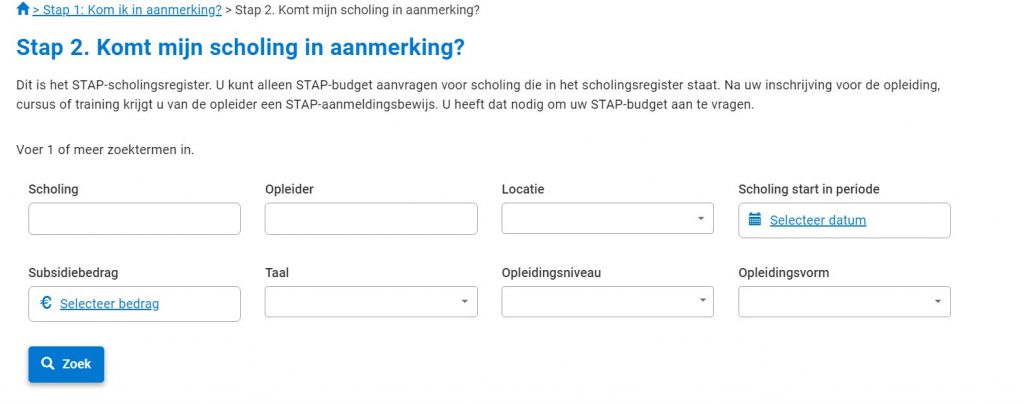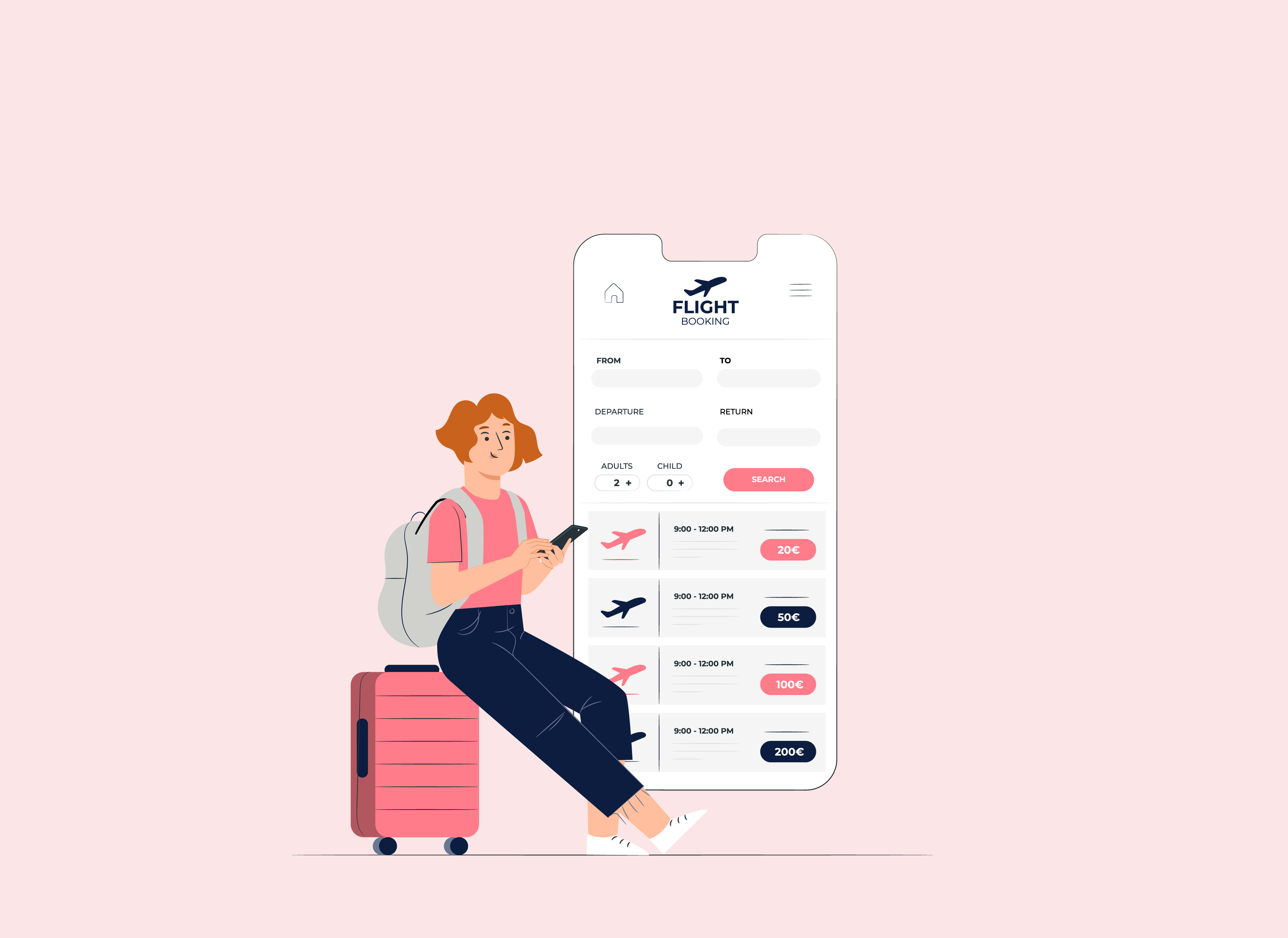STAP is a specific subsidy intended to support working people to learn new skills so they can better perform at their job, or be trained to do something new.
A new application period opens every 3 months – meaning your next chance to apply is September 01, 2022. After March’s expectantly high demand for the subsidy, we decided to write this article so you can be well-prepared for the next application moment!
Who’s eligible for STAP?
The official description for people who can apply for STAP is relatively all-encompassing. In English, the Dutch government describes the STAP budget as “for all employees and job seekers who want to improve their chances on the labour market.” Anybody who can “demonstrate ties with the Dutch labour market” is eligible to apply.
Here are a few examples of demonstrable ties to the Dutch market –
- Currently employed at a Dutch company
- You work and live in the Netherlands
- You are receiving unemployment or sickness benefits
If any of the above examples apply to you, you are eligible for the STAP budget if –
- You are over 18 years of age, but below pension age (66)
- You are not retired and do not receive old age pension (AOW)
- You or your partner have an EU nationality
- You had Dutch insurance for at least 6 months out of the last two years
- You do not receive any other form of an educational grant (such as studiefinanciering)
How to apply for STAP?
Before you start your application for STAP, you need to prepare two things: Your DigiD and a STAP registration certificate (STAP-aanmeldingsbewijs) from the training course you intend to follow. This certificate is essential to apply for the subsidy successfully – make sure you receive it from the trainer before you begin the process.
To begin your application, you’ll need to visit the official website for STAP (in Dutch) and log in with your DigiD here: https://www.stapuwv.nl/stap/login
Once you’ve logged in, click the button “vraag STAP-budget aan” to launch the application process.
In order to complete your application, you will need to provide information about the training course you intend to follow, as well as your current employment situation. The UWV will review your application and transfer the money to the trainer – as long as there is still leftover budget for the period.
As we learned from the last application window, it’s important to apply early in order to improve your chances of receiving the subsidy. The next application period starts September 01 at 10:00 CET.
How much can I claim?
STAP covers the cost of a training course up to 1000 euros. Any costs above 1000 euros will need to be paid by yourself. Fortunately, your employer can also supplement the fee of your training – because these costs are tax-deductible for businesses.
The Dutch Chamber of Commerce (KvK) published a letter in English to employers about using the STAP budget to motivate their employees. You can read this letter on the KVK website here.
What kind of training can I take with STAP?
Many training organisations who are registered with STAP are advertising themselves as such – so it’s worth it to check in our any training courses you’ve had your eye on!
If you don’t know how to start – Check out the online training registry (in Dutch) online here. The first pop-up you see will ask your age (some courses are only available to certain ages) before you are taken to the page below.

You can search by language (Taal) or the next start period (Scholing start in periode) to get a complete list of all the training courses registered under STAP. Click “zoek” to generate the list once you have completed the fields.

Orientation year 2024: guide for international graduates in the Netherlands
14-06-24
An Orientation Year (or zoekjaar, in Dutch) is what allows international students to live and search for a job in the Netherlands for up to 12 months.

Navigating recruitment in the age of AI
30-05-24
AI is changing how companies find and hire people. AI tools make recruiting faster and more efficient, taking over tasks that used to take a lot of time and effort. But using AI in hiring also comes with challenges. In this post, we’ll look at the pros and cons of using AI in recruitment.

EXPLAINED: Works councils in the Netherlands
08-05-24
Are you familiar with the ‘Works Council’ for businesses in the Netherlands? A works council in the Netherlands is probably the most important representative body of employee interests for a company. A works council (in Dutch: ondernemingsraden, OR) is made ...

5 reasons your Dutch HR team wants you to take your holidays
25-04-24
In today’s fast-paced and competitive workplace, employees are always feeling pressured to not take their paid time off for any reason, no matter how much they might need it or even want it. In some business cultures, this is intentional. ...

Explained: The NEW 30% ruling
12-04-24
If you were recruited from outside the Netherlands, you are likely familiar with the concept of the ‘30% ruling.’ In 2024, the Dutch government introduced several key changes to the 30% ruling. To help businesses and expats understand what these changes mean for them, we are going to use this article to explain the NEW 30% ruling.

King’s Day: what you need to know
29-03-24
Spring has sprung, and the traditional Dutch holiday of ‘King’s Day’ is approaching! We celebrate King’s Day on April 27th, and you can be sure that the Dutch are already planning what they will be doing on this day. The ...

Guide to wages in the Netherlands (updated 2024)
14-03-24
Wages in the Netherlands can baffle internationals regarding how it is calculated or how much tax is deducted from the “gross amount”. Not to mention, the minimum wage, social premiums, and extra benefits typical in the Netherlands is unique. We ...

Overcoming homesickness: 5 coping strategies for expats living abroad
07-03-24
At Octagon, we understand the challenges expats face when adjusting to life in a new country, particularly the Netherlands. As expats ourselves, we are committed to easing this transition for our clients and their employees. Recognising that homesickness is a ...

